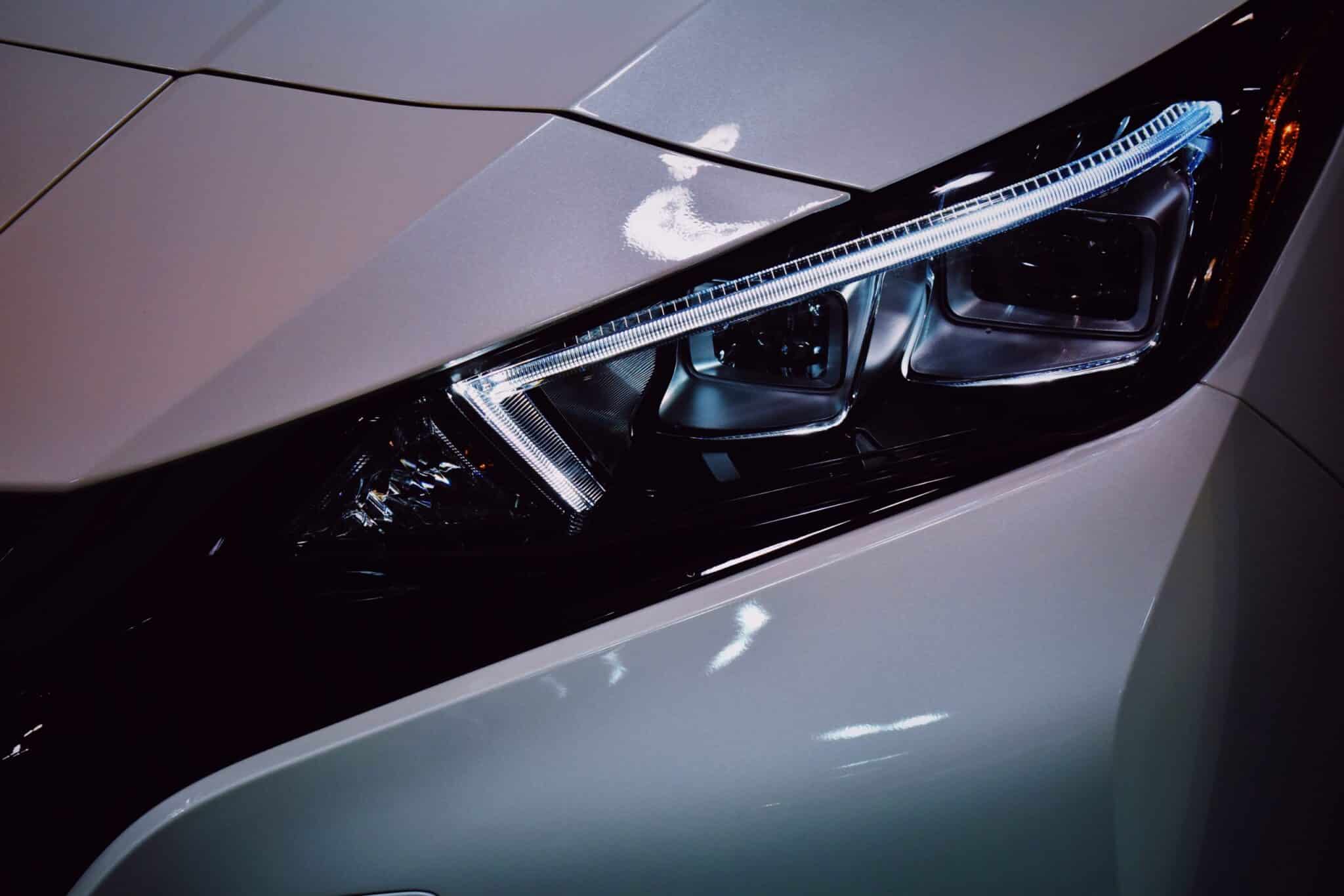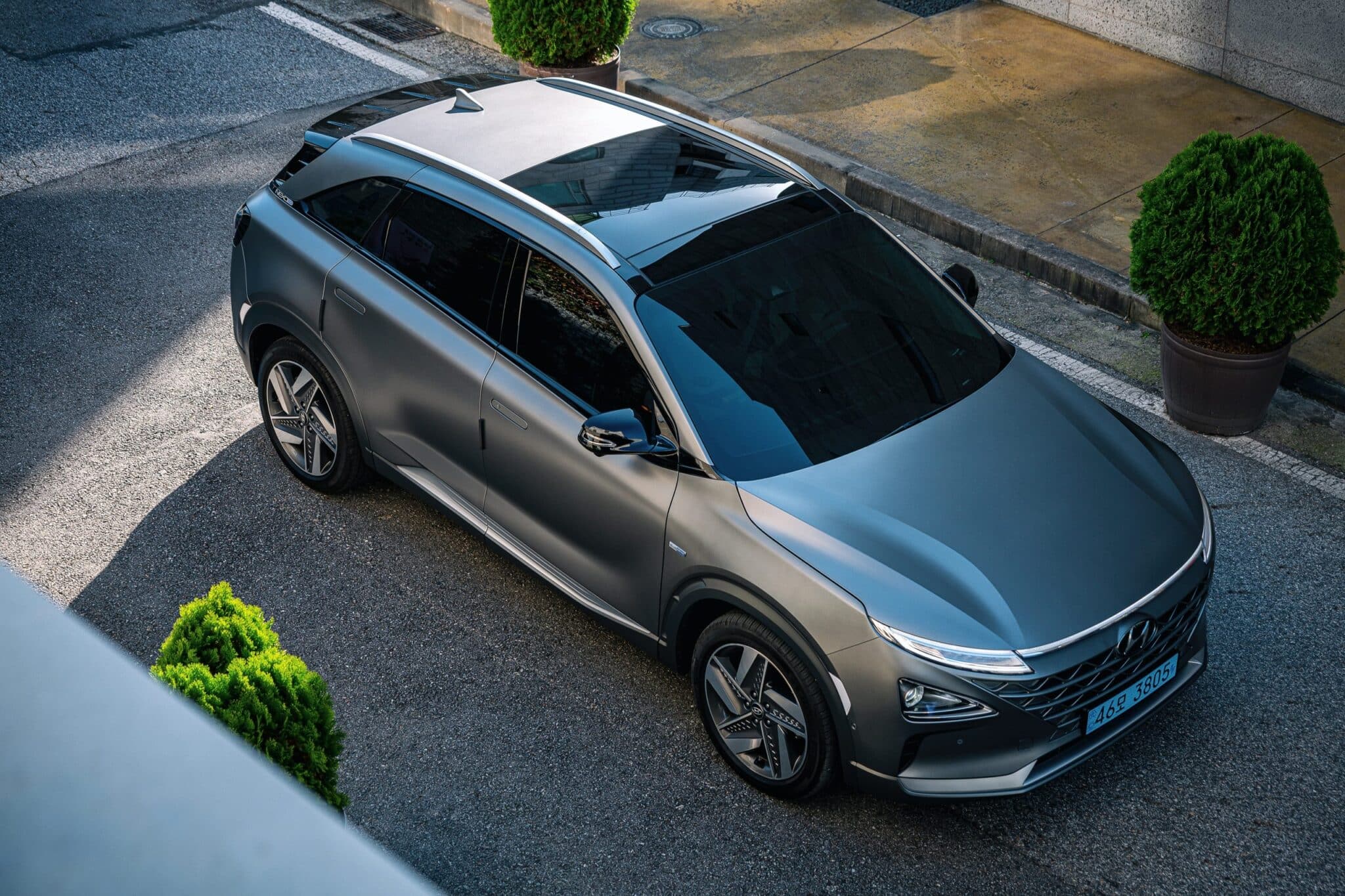Over the decades, the automotive industry has realized the dreadful impact of gasoline-powered vehicles on the environment. This, along with the popular demand of consumers looking for alternative options to gas-guzzling cars, resulted in more and more car manufacturers racing to build more eco-friendly products.
After years of effort, hybrid and electric cars were launched in the market. Although they both share a similar concept of being more fuel-efficient, there are major differences between hybrid and electric cars.
Deciding to buy a new vehicle can be a daunting decision, especially if you are a beginner with limited prior purchasing experience. To help you out, we have compiled a buyer’s guide discussing the differences between hybrid and electric cars, as well as identifying the advantages and disadvantages of using each. We have also done a cost analysis outlining which car is a better buy.
Read on to find out more.
History of Hybrid Cars vs Electric Cars
As for hybrid vehicles, they penetrated the market first, with the Toyota Prius launched in Japan in 1997 being the first hybrid vehicle to reach mass popularity in the modern age. Its success resulted in a greater demand for hybrid cars, and many more notable models were released by manufacturers, including the Honda Insight, Ford Escape Hybrid, and Lexus RX 400h.

About a decade later, fully electric cars emerged, with the first successful model being the Nissan LEAF. Recognizing the shift in the market, other companies like Ford and Tesla began developing fully electric vehicles. Some pioneer EVs include the Mitsubishi i-MiEV, Chevrolet Volt, and Tesla Roadster.
Hybrid vs Electric: What’s the Difference?
Hybrid and electric cars may look similar in look and feel, but there are predominant differences in the way they both work.
An improved version of traditional gasoline vehicles, both in terms of fuel economy and environmental impact, is represented by hybrid cars. These vehicles add an electrical motor to the conventional spark-ignited or compression-ignited internal combustion engine found in gasoline and diesel cars. Powered by energy stored in batteries, the electric motor allows the car to burn less gasoline.
The combustion engine recharges most hybrids internally through regenerative braking. Plug-in hybrids, on the other hand, adopt the recharging method of electric vehicles, involving plugging the car into an external electrical source. The combined use of an electric motor and a gasoline engine in hybrid cars leads to greater fuel efficiency, with the vehicle alternating between the two power sources for operation.
On the other hand, battery electric vehicles (BEVs), do not have any gasoline-consumed components, functioning solely on power received from electric motors. The motors of the car receive their energy from rechargeable batteries which store electricity.
Just like you would charge a phone, EVs also need to be charged to operate, and each vehicle will have an electric range defining the number of miles a full charge can drive. Charging of an electric vehicle is done through plugging in the car at charging stations or at home.

Electric cars do not use fuel at all, and as a result, are the most sustainable and eco-friendly car option. Examples of top fully electric cars are the Tesla Model 3 and Audi e-tron.
Types of Hybrid Cars
Parallel Hybrids
The standard hybrid cars, parallel hybrids have an electric motor and gasoline engine. Depending on the model and make of the car, parallel hybrids will operate using either the motor, gas engine, or both. Examples of parallel hybrids are Honda Civic Hybrid and Honda Insight.
Series Hybrids
In series hybrids, the internal combustion engine’s sole responsibility is to generate electricity and it does not directly drive the wheels, marking a major difference from parallel hybrids. Instead, the generated electricity recharges the battery that powers the electric motor, which in turn drives the wheels.
Plug-in Hybrids
Plug-in hybrids recharge their batteries from external electricity sources, rather than having the recharging process occur internally. You can drive these cars on electric power alone, and they revert to using gasoline when the battery runs out. The Toyota Prius Prime and BMW 330e stand as notable examples of top plug-in hybrids.
Mild Hybrids
Mild hybrids feature a dynamic where the gasoline engine is the more dominant player and the electric motor provides background assistance. The electric motor cannot independently power the vehicle, but has an effect in reducing carbon emissions, increasing performance, and bettering fuel economy. The Audi Q8 50 TDI is an example of a mild hybrid car.
Advantages of Hybrid Cars
- Eco-Friendly: Hybrid cars are much more eco-friendly than their gasoline-powered counterparts, with fewer emissions into the atmosphere.
- Better Mileage: One of the biggest fears of any potential electric car owner is that their car will run out of mileage in an area where there is no charging station available. With hybrid cars, you don’t have to worry about this scenario. If a hybrid car’s electric motor runs out of battery, then it will immediately switch to using gasoline instead.
- Cheaper per Mile: As hybrid cars can switch between consuming fuel and being powered electrically, the vehicle consumes less fuel than fully gasoline-powered cars.
- Easy Maintenance: The engine of a hybrid car does not come into use as much as that of a fully gas car, so the maintenance required on it is also less.
Disadvantages of Hybrid Cars
- Expensive to Buy: Hybrid cars are more expensive upfront than normal vehicles due to their higher demand and innovative features.
- Gas Costs: Unlike electric cars which don’t use gas at all, you will still have to buy fuel with hybrid cars which can add up expenses.
- Fossil Fuel Emissions: Compared to electric cars which don’t emit fossil fuels at all, hybrid cars produce some emissions. If environmental impact is your priority, this can be a major drawback.
What are Fuel-Cell Electric Cars?
Often stylized as FCEV, fuel-cell electric cars are a type of fully electric car that does not store energy in batteries. Fuel-cell electric cars instead use hydrogen to generate their energy supply which in turn powers the car. These cars are also environmentally friendly as they do not produce fossil fuels, emitting water vapor and heat instead.
Examples of top fuel-cell electric cars are the Toyota Mirai and the Hyundai Nexo.

Advantages of Electric Cars
- No More Gas: You can omit gas from your budget entirely with an EV, which can potentially save you thousands of dollars each year.
- Zero Fossil Fuels: Electric cars do not produce any emissions at all as they use electricity only.
- Tax-Credits: Since electric cars are zero-emission vehicles, many of them are eligible for the government’s tax credit program. This offers tax credits of up to $7,500 on the purchase of an EV.
- Simple Maintenance: Since electric vehicles have fewer moving parts, you do not need to worry about gasoline car issues like regular oil changes and engine maintenance. This makes the maintenance of EVs simpler.
Disadvantages of Electric Cars
- Range Anxiety: The range of electric cars is much less than gasoline-powered vehicles, which can be difficult to adjust to if you are a first-time buyer. Running out of gas in the middle of the road is another scary scenario that many EV owners are anxious about.
- Charging Time: An electric vehicle can take over an hour to fully charge, which is very time-consuming compared to the time it takes to fill up a gas tank.
- Station Scarcity: Although the popularity of EVs has grown exponentially since its conception, there are still fewer charging station options than gas stations which can be inconvenient.
- Price Tag: Electric cars are extremely expensive to buy, with price tags higher than hybrids or gasoline-powered vehicles. Even with the incentives, they can be very heavy on the pocket
Hybrid vs Electric Car Cost
Upfront, hybrid cars are the cheaper option compared to electric cars, with prices ranging between $25,000 and $30,000. This is in comparison to the average transaction price of an electric vehicle which is $56,437 according to Kelley Blue Book. With an almost $30,000 difference, hybrid cars are definitely more affordable.
Incentives and Rebates
Due to their zero-emissions nature, electric cars get a lot more incentives and rebates than gas and hybrid vehicles. One major incentive is the federally awarded tax credit, which allows savings of up to $7,500 on the purchase of a new electric vehicle. This policy also extends to plug-in hybrids, but not regular hybrid vehicles.
Many other states also offer such programs that offer rebates and incentives to encourage the purchasing and leasing of environmentally friendly vehicles.
Frequently Asked Questions
How long can a hybrid last?
According to Toyota and Honda, hybrid car batteries last between 80,000 to 100,000 miles. This can be even higher if properly maintained.
What is the average range of an electric car?
The average electric car can last anywhere between 100 and 300 miles with an average of 211 miles. Anything with more than 200 is considered a good range.
More on EV Universe:
- Insights & Updates: Stay updated in the world of electric vehicles with our insights section. Dive into our in-depth reviews, educational pieces, and the latest news.

